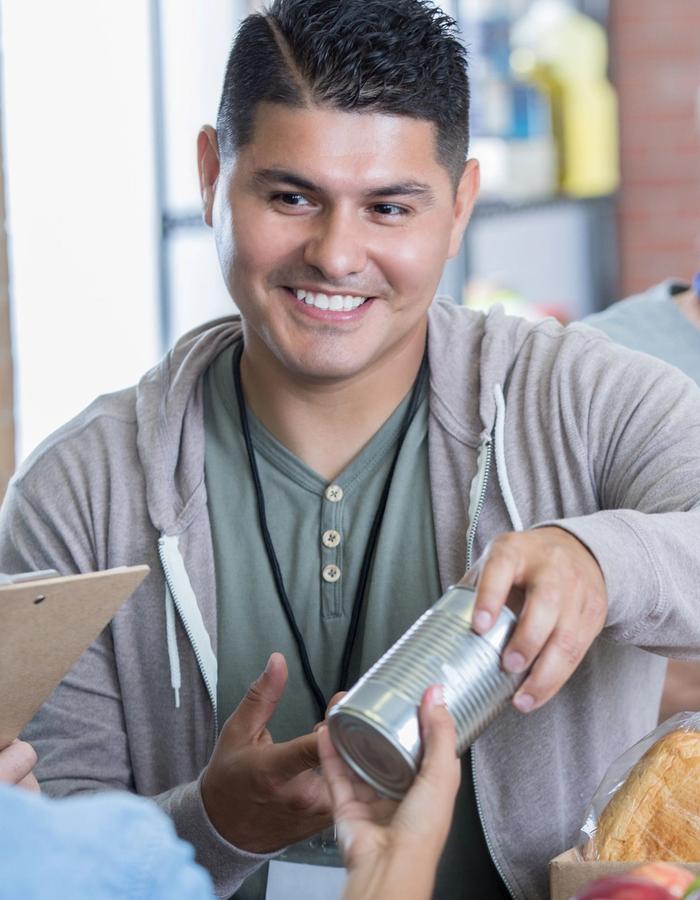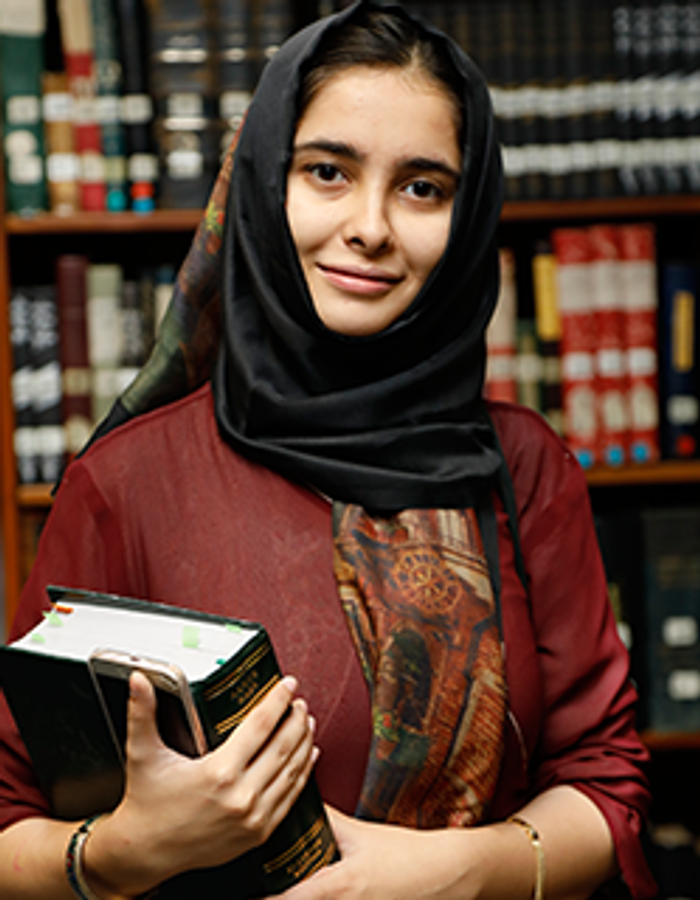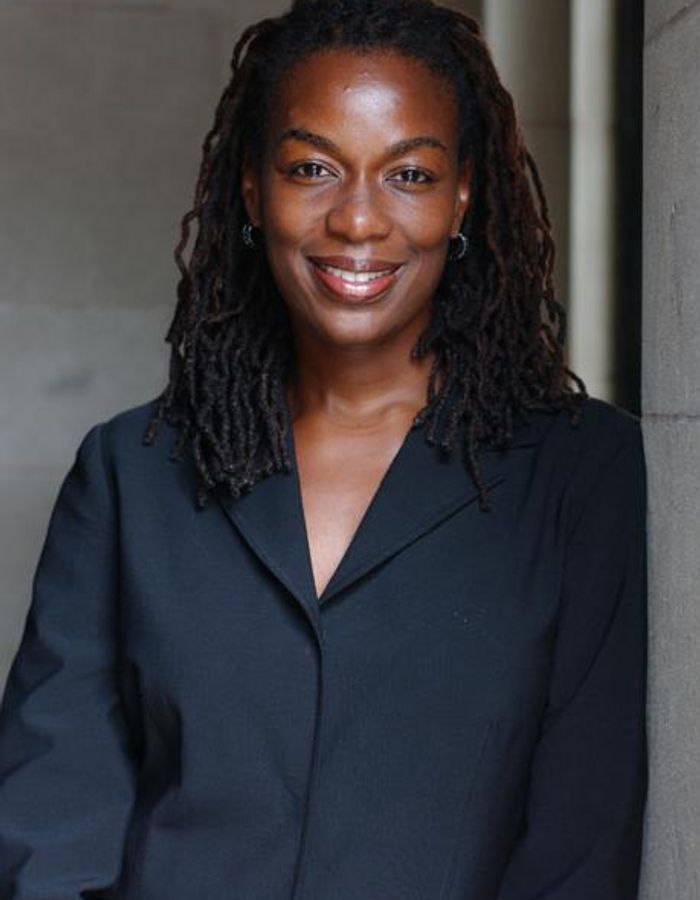Tackling climate change with digital communications skills
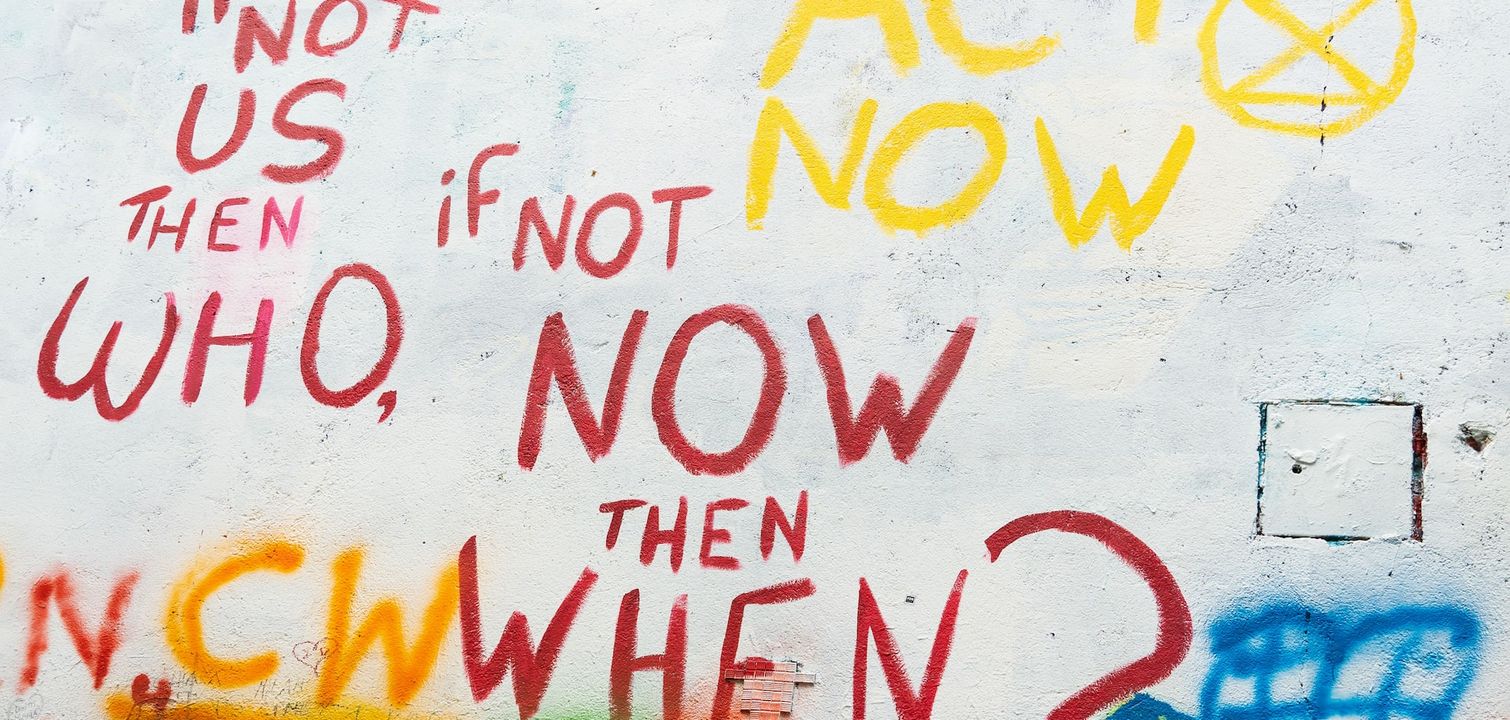
Environmental organisations around the world are working hard to tackle climate change, often with limited resources. What’s the role of digital communications in this battle and what support do they need?
Digital communications can allow civil society organisations to connect with potential donors, and the wider public to raise awareness and vital funds to support their mission. However, there is a digital skills gap that should be addressed at a global level in order for them to be able to take advantage of the opportunities of digital communications.
The IKI Small Grants programme, carried out by Deutsche Gesellschaft für Internationale Zusammenarbeit (GIZ) GmbH and part of the International Climate Initiative (IKI), is doing vital work to support projects and organisations worldwide that tackle climate change, address local adaptation, and conserve forests and biodiversity.
One of their grantees is Agua Sustentable, a nonprofit organisation based in Bolivia contributing to the sustainable management of water and the environment by combining awareness, research, and advocacy at a national and international level.
Organisations like Agua Sustentable are working hard to increase awareness of the consequences of climate change and biodiversity loss among the general public. A common objective for participants in the IKI Small Grants programme is to raise awareness of this issue and promote their work more effectively.
“Nowadays social media is everywhere, understanding how to use it properly is a must for us who share knowledge. In numerous occasions the message must be modified to fit in the correct channel and the correct public.” - Agua Sustentable
However, many participants are struggling with limited funding, technical difficulties, and limited access to networking opportunities. Organisations also lack digital communication skills in their workforce to promote their work and reach a wider audience.
These challenges can prevent them from promoting their important work to a wider audience or accessing additional funding and networking opportunities.
Responding to the needs of small climate change projects and organisations
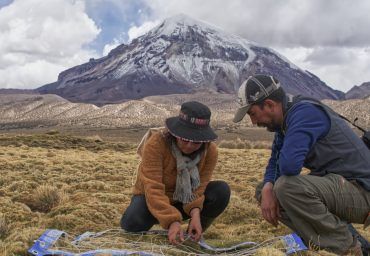
The IKI Small Grants team wanted to provide their grantees with more opportunities to showcase their work and increase their fundraising potential so that their great work to combat the effects of climate change can continue to respond to the growing need. Instead of prescribing how to help their grantees, the IKI Small Grants Team conducted a survey to uncover key areas where their participants’ teams needed the most help.
Grantees identified these as the top three areas of need:
- Development of PR strategy and communication plan
- Use of Social Media
- Video Production
At Lightful we are thrilled to have joined forces with the International Climate Initiative (IKI) to support their grantees with this. We’re partnering with IKI to deliver a digital skills training programme to their Small Grants participants interested in advancing their digital communications in these three key areas. The goal is to prepare these organisations to be better equipped and feel more confident to disseminate their stories more widely, unlock new networking opportunities and ultimately increase and diversify their funding base.
The in-house experts at Lightful have devised a series of interactive webinars in digital communications, social media, and video production to provide the skills, tools, and support that will help participating organisations to amplify their impact.
Along with the webinars, participants will also have access to the award-winning Lightful social media management platform and training platform to help organisations consume content at their own pace and practically apply the concepts covered during the webinar series.
“This series of webinars prepares the NGO to be able to use social networks correctly, disseminating the indicated message to the specific public in an appropriate way. Consolidating our work with our public in general, it will help us provide better information for our beneficiaries.” - Agua Sustentable
How digital communications can support civil society organisations
In a world that’s more connected than ever, digital communications can help civil society organisations reach a wider audience even on limited resources.
Improved knowledge of digital channels can help them tell better stories and raise vital funds to engage more supporters.
The use of digital channels can also help them go beyond their current sphere of influence and unlock new opportunities that can transform their work.
Putting theory into practice
70 organisations participated in the first webinar on digital communications. They gained an understanding of the foundations of digital communications theory by subject matter experts and immediately put what they had learned into practice with hands-on activities for their own organisations. Participants were provided with a framework to build their digital communication strategy along with practical sections to help them set measurable objectives and learn more about their audiences.
“It was a pleasure to participate in the first webinar organised by the Lightful team. Our team learned a new dimension from the communications perspective which broadened our horizon to an additional level.” - People, Energy and Environment Development Association (PEEDA)
Reflecting and peer learning
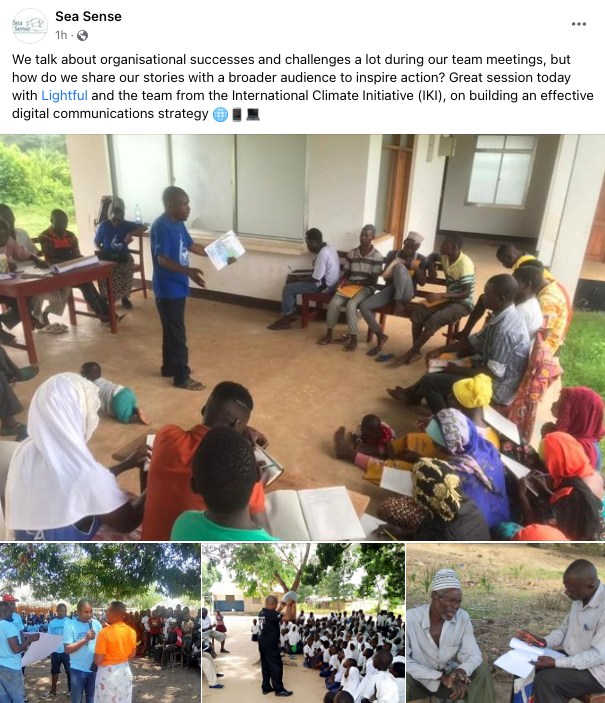
Allowing space for the participants to share their own reflections, put the theory into practice, and learn from other participants has enabled participants to learn and develop their confidence quickly. During the webinars, participating organisations shared their own thoughts, how they are currently using digital media, and what they hope to achieve.
Repeatable methodology
Participants received resources such as a Digital Strategy Canvas to help attendees document their process of creating a digital strategy, building their ability to repeat this process in the future.
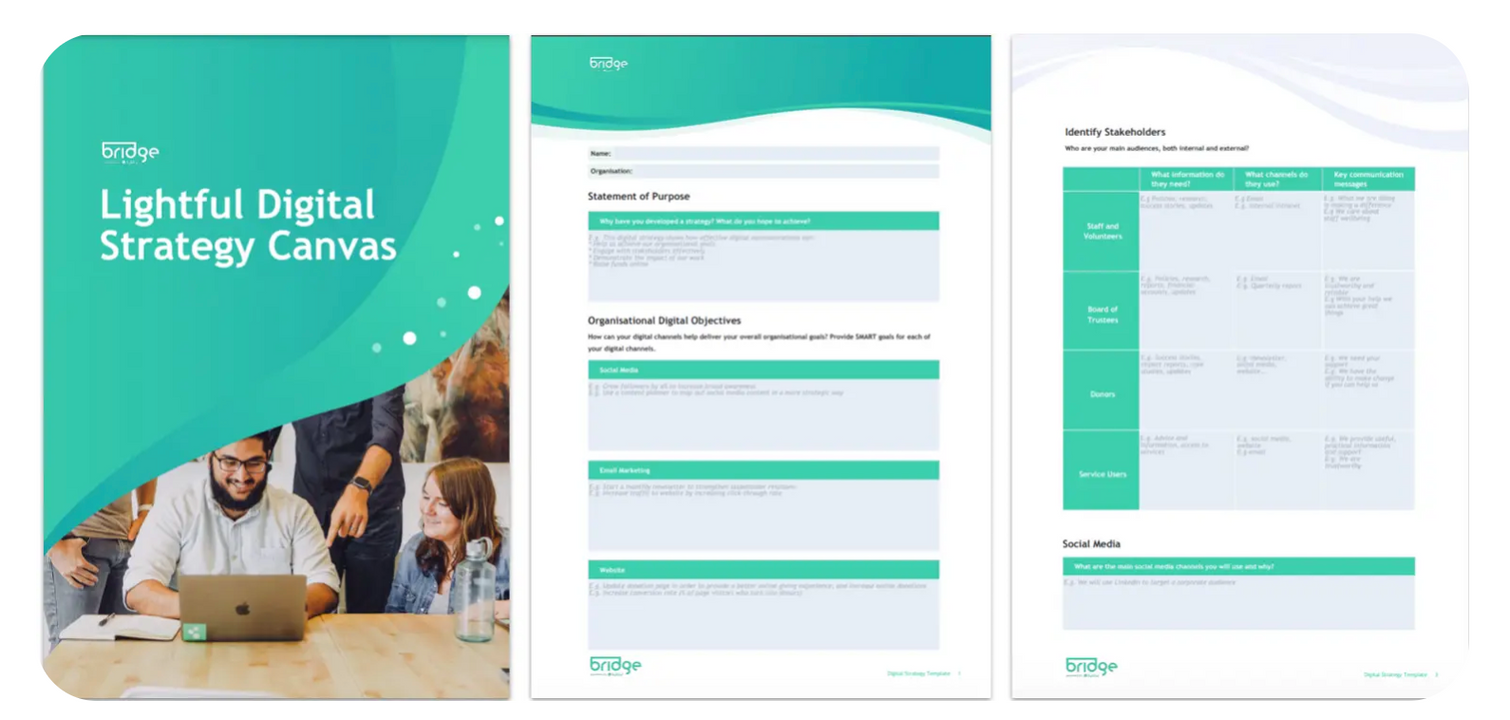
Download our Digital Strategy Canvas
Participants were introduced to different approaches to digital communications strategies and supported to identify which would work best for their organisation. They were then supported to set actionable and measurable objectives and create personas for their audiences in their own digital communications strategies. These were then also shared in the group for peer learning opportunities.
The process allows participants to understand the theory through practical examples, while it encourages them to contextualise it based on their own experiences.
“We defined our target audience using the PERSONA methodology in a workshop with the rest of Agua Sustentable Team. From that starting point we are generating our calendar for the next months.” - Agua Sustentable
What’s next
After the end of the first series of webinars, participants are focusing on social media and video production to acquire much-needed skills to amplify their work and raise vital funds.
Many of them are new to digital communications, so the ultimate goal is to boost their confidence in using digital to promote their work and amplify their impact.
“As an environmental engineer I never had such specialized training in this area. From the work methodologies to the different experiences shared by my colleagues, this series of webinars has been a constant learning process.” - Agua Sustentable
We are working closely with IKI Small Grants to support the participating organisations and we’ll make sure we share more insights in the next blogs.
Latest articles

In a world of growing uncertainty, small and local non-profit organisations often find themselves with competing priorities and struggle to plan how to allocate their available resources. Despite the increasing demand for their vital work, they are not always able to allocate the funds they receive to strategic planning and future growth.
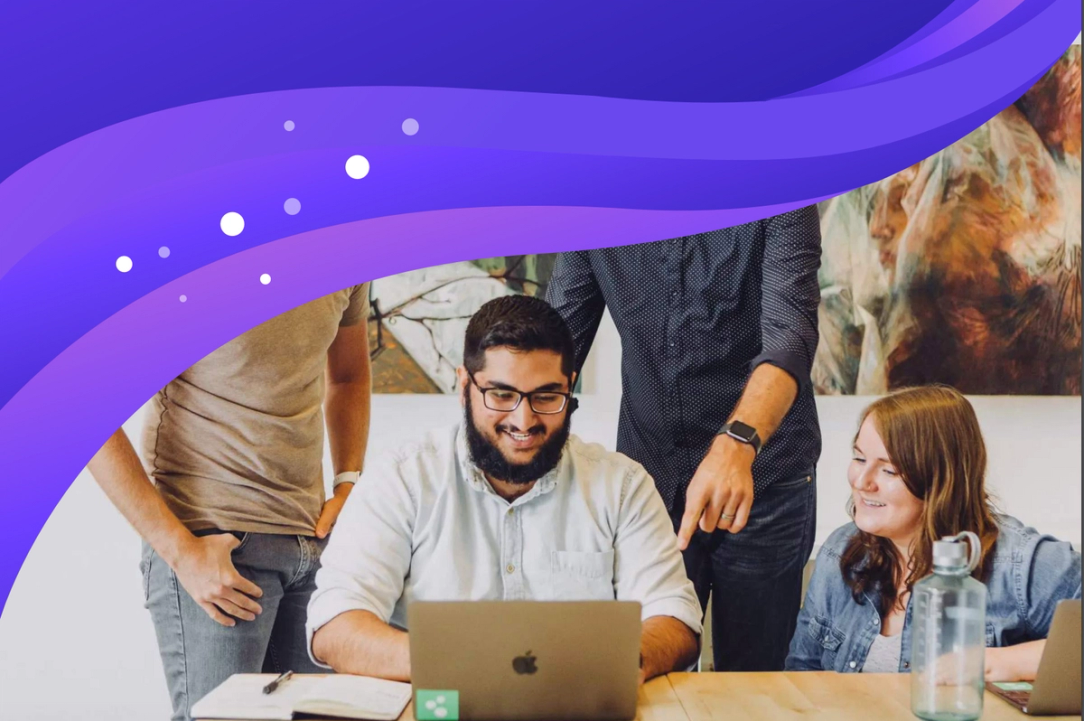
As the world becomes more digitally-focused, it’s essential for nonprofits to have a digital presence. With more and more options for online engagement, we know that this can be challenging for nonprofits to tackle. But, we also know that it is a huge opportunity to increase audience engagement, awareness and fundraising. To help nonprofits navigate this, we’re going to explore the “whys” and “hows” of creating a nonprofit digital strategy. We’re even providing a free digital strategy canvas to help nonprofits improve their online presence in just a few steps.
Related posts
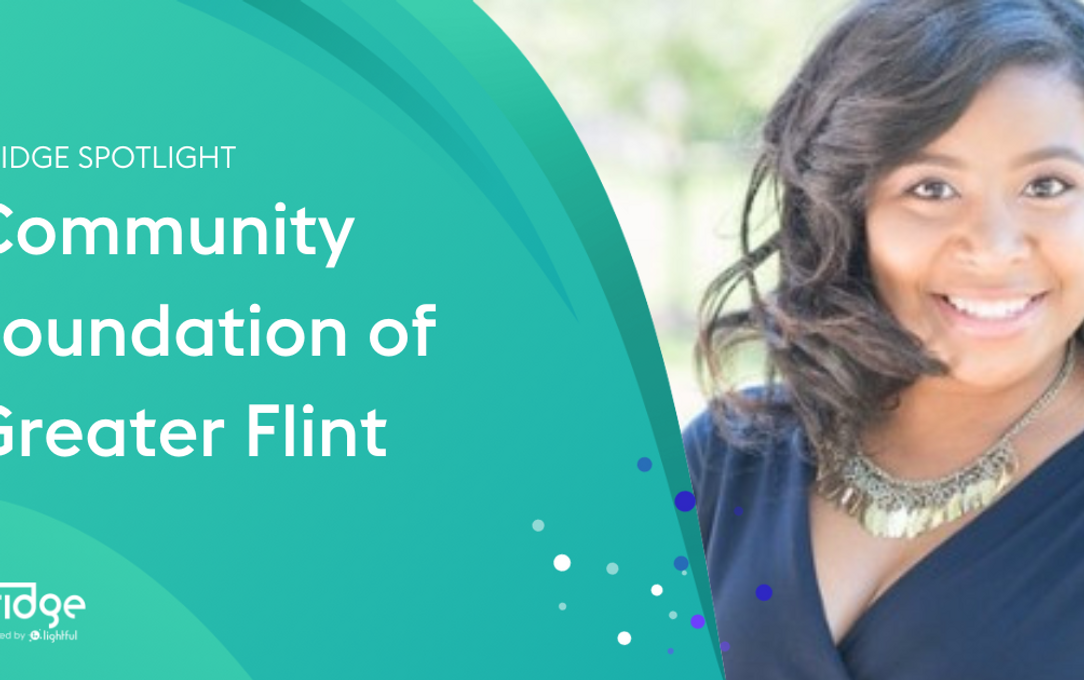
We talked to Chakara Wheeler from the Community Foundation of Greater Flint to find out more about her work and her experience being part of the BRIDGE programme.
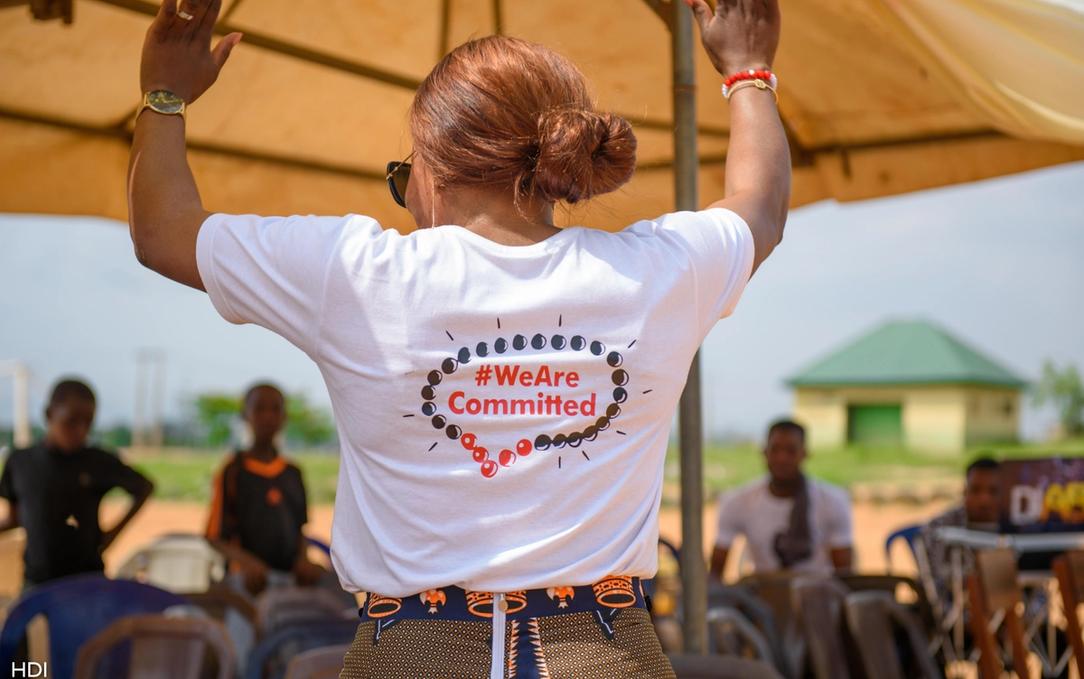
We talked to the Hope and Dreams Initiative, an organisation with a mission to educate, empower and enable young people from under-served communities in Nigeria to find out more about their work and how they benefit from our BRIDGE programme.
See who we help
Contact us
Want to learn more?
Email Jonathan and start a conversation


